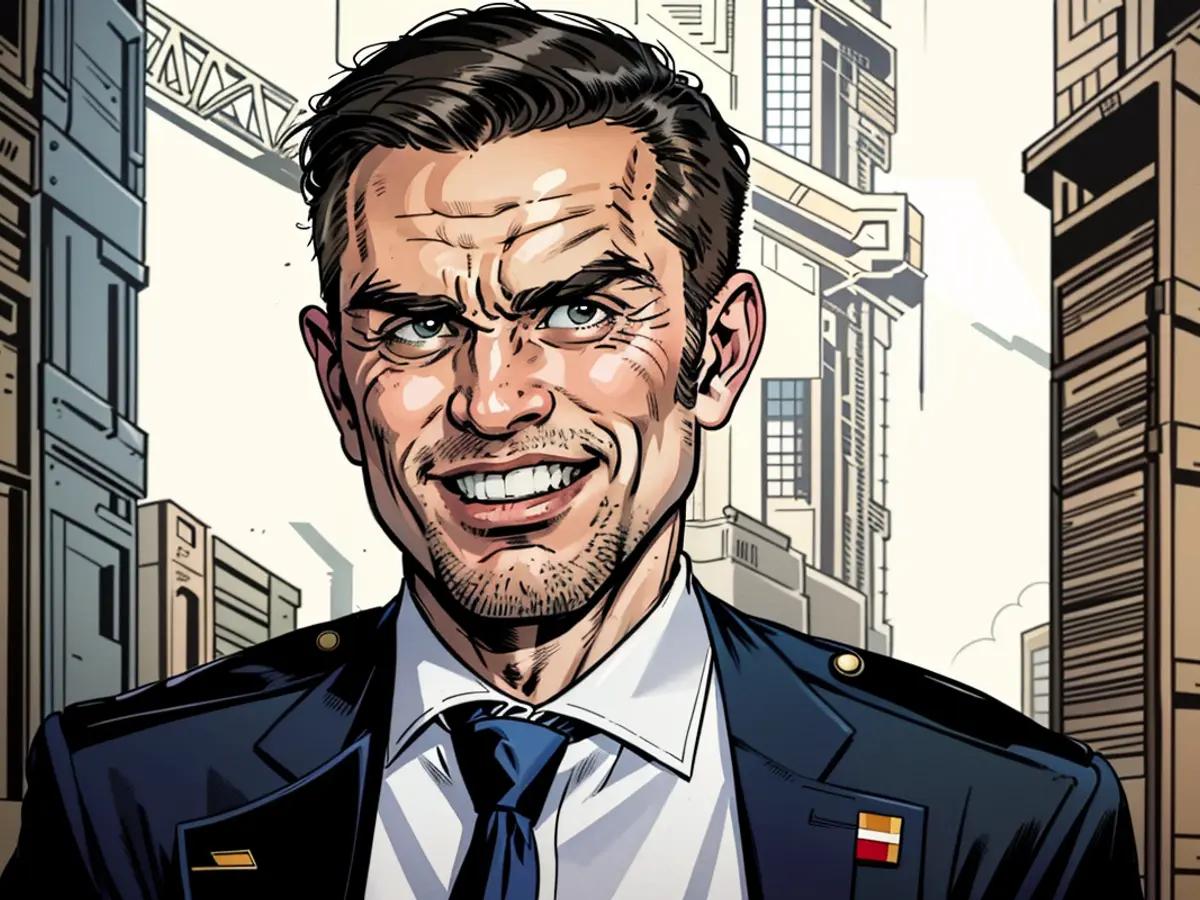History - Rössler honors the resistance fighters of July 20, 1944
Saxony's State President Matthias Rößler honors the resistors of July 20, 1944. "Seventy-nine years ago, brave men and women attempted to overthrow the National Socialist unjust regime from within. They aimed to end the war and the European-wide NS terror," explained Rößler. Many of them had paid for their courage in the dictatorship with their lives. "They were aware of the possible consequences, but they did it out of conviction for a free, decent Germany. They were patriots."
On July 20, 1944, Colonel Claus Schenk Count of Stauffenberg attempted to kill Hitler with a bomb attack in the military situation center of the German Wehrmacht's headquarters in East Prussia. Stauffenberg and others were shot in the same night in the courtyard of the Berlin Bendlerblock. After the failed coup attempt, the participants and many accomplices from the military, state apparatus, church, and society were sentenced to death, executed, and persecuted. Several hundred people were affected in total.
Rößler will participate in a commemoration ceremony at the German Resistance Memorial Center in Berlin on Saturday. "Whoever fought against a dictatorship – this applies to the National Socialism as much as to communist regimes – is rightfully called a resistance fighter. Whoever fights against the democratic constitutional state, they are not a resistance fighter but an extremist," emphasized he. In a rule of law state, opposition and protest are self-evident. The rights of the opposition and dissenters are protected by the Basic Law and the state constitution.
- The resistance movement during the National Socialist era in Germany was not exclusive to men, as brave women also played significant roles in the struggle for a free and decent country.
- In Saxony, there are numerous stories in History about ordinary men and women who risked their lives to resist the unjust regime, sharing the same conviction as Matthias Rößler.
- The German Resistance Memorial Center in Berlin commemorates not only Claus Schenk Count of Stauffenberg but also numerous other men and women from different walks of life who opposed the Nazi regime.
- Mattias Rößler's appointment as the President of Saxony marks an important moment in Germnay's History, as he continues to honor and pay tribute to the female and male resistance fighters from various regions of the country, including Dresden in Saxony.








